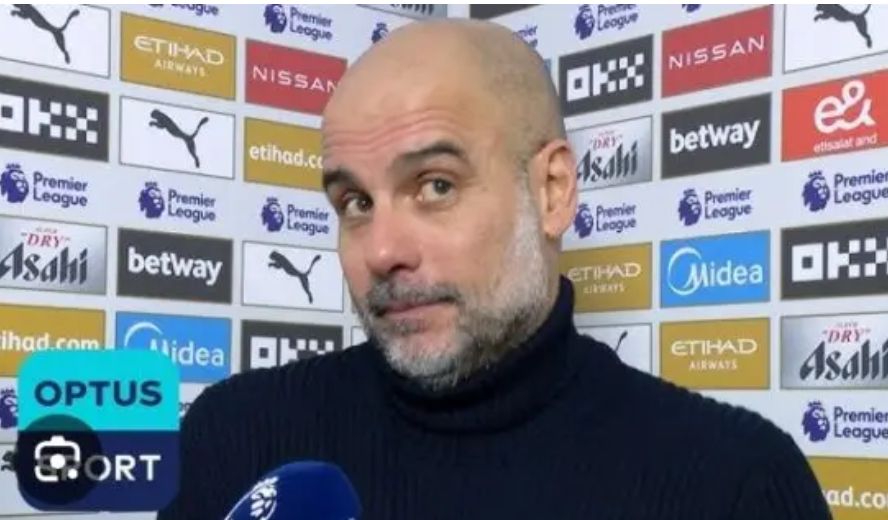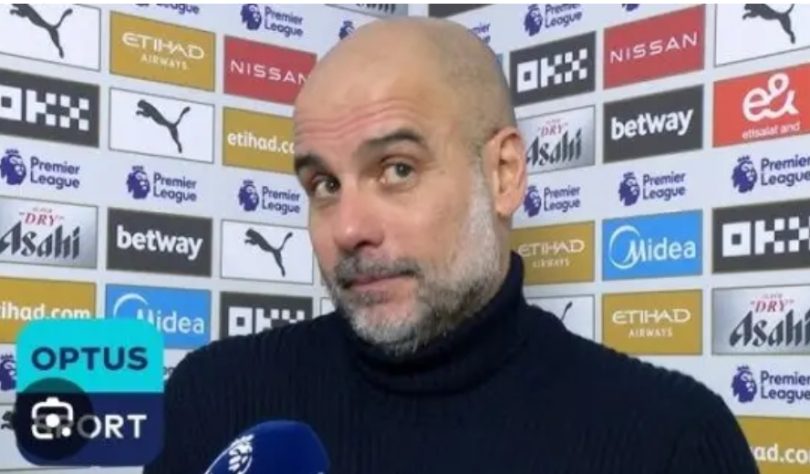In the dynamic realm of football, comparisons between emerging talents and established stars are inevitable. Recently, Manchester City manager Pep Guardiola reportedly expressed a bold opinion: “He’s way better than Jude Bellingham, and the reason he hasn’t reached his potential is because of poor management. Arne Slot did a terrible job managing the lad. If he gave him more playing time, he would have helped the team to score.” This statement has sparked discussions about which Liverpool player Guardiola might be referring to.

Curtis Jones: A Rising Star
One plausible candidate is Curtis Jones, the 23-year-old midfielder who has been with Liverpool since his youth. Jones has shown flashes of brilliance, notably during a match against Leicester City in May 2023, where he scored two quick goals, leading fans to jestingly label him as better than Jude Bellingham. Despite these moments, Jones has struggled with consistent playing time, leading to debates about his development under Liverpool’s management.
Arne Slot’s Hypothetical Role
Arne Slot, the Dutch manager known for his attacking style of play, has never managed Liverpool. However, hypothetically speaking, if Slot had been at the helm and failed to provide Jones with adequate playing time, it could have hindered the midfielder’s growth. Young talents thrive on regular match experience, and limited opportunities can stunt their development.
The Bellingham Benchmark
Jude Bellingham, at just 21 years old, has become a cornerstone for both Borussia Dortmund and the England national team. His consistent performances, leadership qualities, and maturity on the field have set a high standard for young midfielders worldwide. Guardiola himself has praised Bellingham, stating, “The quality, everybody knows it. The whole package is really good.” Comparisons to Bellingham suggest a belief in a player’s potential to reach or surpass such elite levels.
The Importance of Effective Management
Guardiola’s alleged comments highlight a critical aspect of football: the role of management in nurturing talent. A manager’s decisions on training, match selection, and player development profoundly impact a player’s career trajectory. Mismanagement or underutilization can lead to untapped potential and stalled progress.
Conclusion
While the specific player Guardiola referred to remains speculative, the underlying message is clear: talent alone isn’t enough. Proper management, adequate playing time, and a supportive environment are essential for young players to flourish. As football continues to evolve, the collaboration between managerial strategy and player potential will remain a cornerstone of the sport’s success.






